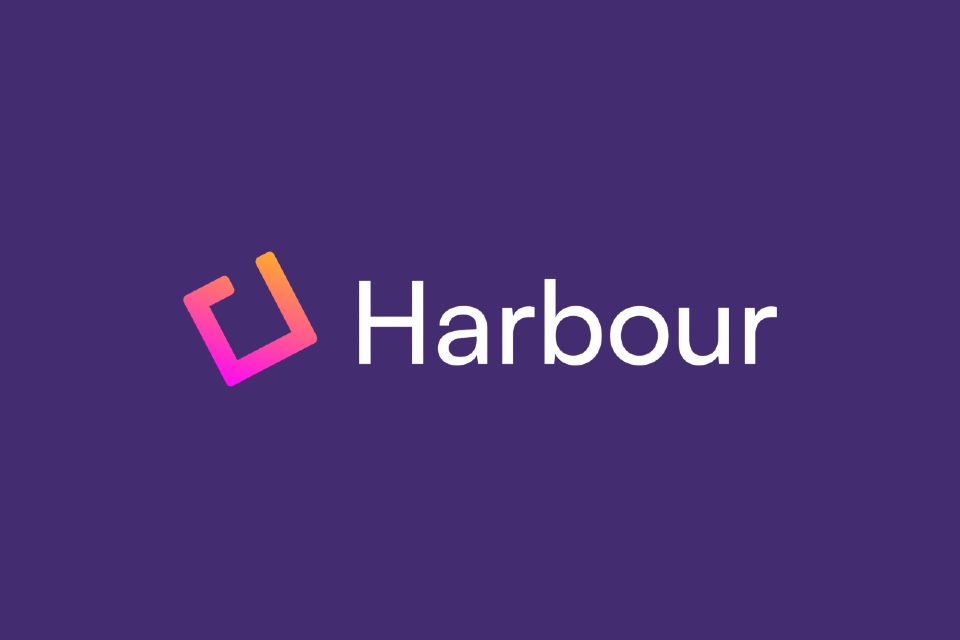By Alejandro Coca, Head of Business at TrueProfile.io
Moving abroad, starting a job in a foreign culture and learning a new language is always going to be a big decision, particularly when working in a field as complex, competitive and technically challenging as medicine. However, the need to recruit the best healthcare professionals from around the globe to address staff and skills shortages in the UK at speed and at scale is a top priority for the coming years. So, why should healthcare professionals be looking to opt for a professional career in the UK?
Three reasons healthcare professionals should set their sights on a job with the NHS 1. It’s a fast growing industry
The NHS is the largest employer in Europe, with approximately 1.3 million people in England devoting their time to helping others. That being said, over the past decade, demand for healthcare services has surpassed organic workplace growth, meaning the sector is experiencing a growing, acute staffing crisis. While this is clearly a concern for many employers and medical institutions, healthcare professionals should view this disparity as an opportunity. As the demand for skilled healthcare professionals continues to surge, recruiters and employers on behalf of the NHS are setting their sights on overseas talent to stem the shortfall, with many offering assistance and relocation packages to tempt talent staff from around the globe.
The NHS offers variety
The UK healthcare industry is immense, with many different roles, across multiple locations, within hundreds of organisations. This means there is a lot of choice for healthcare professionals looking to move to the UK. Working for the NHS is also very fast paced and day-to-day actions are rarely the same, so if you’re looking to experience a sense of variety and fill your day with new challenges, then a career in the NHS is a great option with plenty of scope for career progression.
It adds value to your CV
The NHS is widely considered to be one of the best health organisations to work for in the world. Not only does it present an excellent working environment in which medical professionals are able to significantly progress their careers, but it can also add far higher value to any CV as the institution is recognised globally.
Tackling the skills shortage: Why is this important?
The healthcare industry is set to face an immense talent shortage by 2030
The Royal College of Physicians has stated that the healthcare sector is heading towards an acute staffing crisis as more than a quarter of senior consultant physicians are expected to retire within three years, and many within 18 months.
But the NHS has long suffered from skills shortages, and sourcing talent quickly and at scale, with recent reports forecasting that staff shortfall in the NHS is expected to grow from over 100,000 in 2018 to almost 250,000 by 2030.[1]
In fact, this issue arose long before the Covid-19 crisis, but increased pressures have caused unprecedented stress on healthcare systems around the world, and exacerbated staffing shortfalls. Today, it has never been more important for the NHS to have quick and easy access to qualified healthcare staff with relevant skills.
Relieving the impact of staff shortages
As COVID-19 continues to stress-test healthcare systems, workforce shortages are likely to become particularly severe, meaning the NHS and many other formerly-functioning healthcare systems are very quickly becoming overwhelmed.
Not only do these staff shortages impact on the quality of treatment and care on offer, they lengthen waiting times and only serve to increase the already high levels of uncertainty in the medical field. The reality is that the NHS’s increasingly visible lack of doctors, nurses and other key frontline staff is only set to worsen over the next decade, putting both access to treatments and quality of care at even more severe risks, unless urgent steps can be taken to close the skills gap.
This skills shortage means that there is still a wealth of opportunities for medical professionals to emigrate to the UK and continue their healthcare care.
The fluidity of professional migration within healthcare
The push and pull factors around skill shortages within the medical industry mean that a huge number of healthcare professionals migrate to pursue employment opportunities in other countries.
In the UK, 13.8% of NHS staff originate from overseas. Due to the nature of the healthcare industry, each and every employee in the UK must have their details and qualifications fully verified before employment can commence. This means that for every worker and every job application, medical licences, good standing certificates, accreditations and educational qualifications must be checked, confirmed and verified.
These checks are both essential and mandatory for patient care and the working environment of other medical professionals. Ensuring that credentials are already pre-verified by candidates aids with job application processes. These checks are carried out with each new healthcare professional from overseas, each job change, and also in the instance that verified documents expire or are misplaced.
Technology powers innovation
Traditionally, verifying private documents such as passports or professional credentials such as degree certificates has been a lengthy, complex and costly process, particularly when it comes to overseas applicants and recruiters who do not have the required local knowledge and contacts. When adding language barriers to the mix, it is easy to see why many British hospitals and healthcare facilities struggle in their hunt for high quality overseas medical talent.
Fortunately, there is a range of innovative technologies available that can offer candidates the tools they need to streamline their application process. For example, using blockchain-enabled professional document verification platforms, professionals will have the ability to securely upload and verify private documents, such as passports or university certificates.
This means that NHS recruiters and regulators across the UK are now able to efficiently and safely vet healthcare professionals from across the world faster and more securely than ever before. Previously, where it might have taken an organisation anything up to six months to verify an overseas candidate’s credentials, the latest blockchain-enabled online platforms remove those obstacles in one fell swoop. This offers a way to significantly reduce the time-to-hire of medical professionals by up to 20-30 days by giving NHS recruiters access to a bank of prescreened and authenticated medical professionals who are ready to move to new roles.
And that’s exactly why these technologies are revolutionising healthcare recruitment right now. These state-of-the-art tools will allow professionals seeking work in the UK to efficiently connect with recruiters, with their documents screened and authenticated in a fraction of the time.






